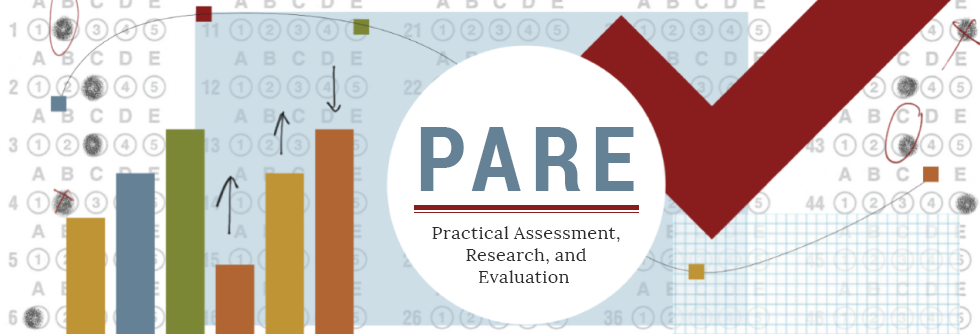Game Design Considerations for Screening, Interim, and Diagnostic Educational Assessments
Abstract
To inform instruction, screening and diagnostic assessments must collect accurate data about the current state of the learner. Unfortunately, students may find assessments unengaging, intimidating, or irrelevant, undermining the quality of their effort and the quality of the data. The application of gaming to assessments may provide a way to boost and sustain effortful test-taker engagement, an integration that has thus far yielded mixed results, at best. Our interdisciplinary team reviewed and evaluated existing gamification research to consolidate a set of guiding principles for effectively merging diagnostic assessment tasks and protocols with a motivating game-like context in ways that specifically foster high levels of test-taker effort. We share our work in this paper to help inform ongoing research and development leading to more efficient and effective assessments of children.
Keywords: assessments, screening, gamification, evidence centered design
How to Cite:
Dockterman, D., Petscher, Y., McAfee, A., Klopfer, E., Osterweil, S. & Diefenthaler, C., (2021) “Game Design Considerations for Screening, Interim, and Diagnostic Educational Assessments”, Practical Assessment, Research, and Evaluation 26(1): 27. doi: https://doi.org/10.7275/22109276
Downloads:
Download PDF
View PDF
1397 Views
127 Downloads
